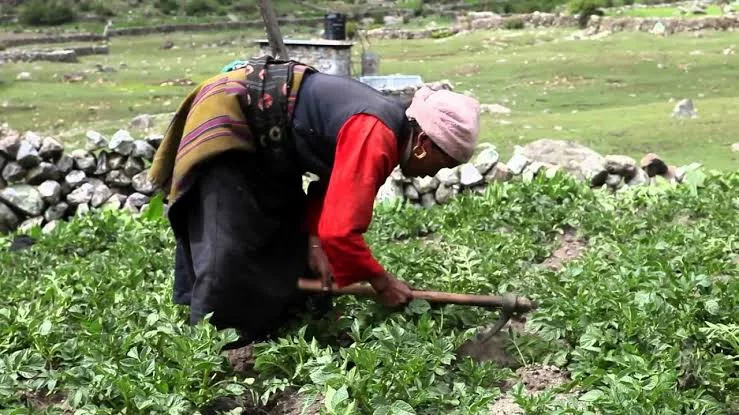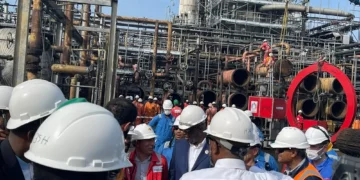The Food and Agriculture Organisation of the United Nations (FAO) yesterday said it will strengthen its partnership with the Nigerian government to help farmers build more resilience to shocks arising from agricultural disasters.
The move came as the country continue to grapple with food insecurity occasioned by flooding, conflict and other natural deserters.
The partnership will cover provision of technical support especially to vulnerable section of smallholder farmers and help them build resilience of agriculture-based livelihoods to multiple shocks.
FAO deputy-director, office of emergencies and resilience, Shukri Ahmed hinted journalists about the development yesterday in Abuja as part of activities marking their visit to Nigeria.
Ahmed said, “The partnership in the end is to make a difference in the life of those that are in the rural areas, mostly neglected smallholders farmers as these are trying times as you know the shocks are increasing, and they are cascading, whether it’s climate relate one time you talk about drought, then suddenly you are we are talking about floods.
What happening now, in Nigeria, then there are displacements due to conflicts and these are compounding to impact on these poor farmers and FAO from the very beginning and its main mandate is eliminating hunger and eliminating poverty, but in a way that is sustainable and natural”.
“So this mission in particular is to work and bring the technical know how of FAO to support the government, we bringing partners together to actually make a difference in the life of those downtrodden”, he added.
Also speaking, FAO assistant director-general, Abebe Haile-Gabriel, said because Nigeria remains a very important partner for FAO as the aim of the visit was to come and interact with different stakeholders in drive towards food security and achieving sustainable development goals agenda of zero hunger.
On his part, FAO representative to Nigeria and ECOWAS Fred Kofero said, the organisation is committed to mobilisingexpertise to support all the areas that we have identified.











